It’s probably the most asked question – second only to “Where can I buy it?” – of writers. But how often do your take your answer seriously? Can you sum up your story before the elevator door slams in your face? We hear a lot about pitches and one-sentence summaries in novel writing workshops. But what about pitches for picture books?
Well, I’m here to tell you that a one-sentence summary is just as important for picture books. Why?
1. It helps you assess your premise for market strength and saleability – I often run my pitches past my critique group and my agent before I begin writing and revising. This practice saves me from wasting time on a story that’s overdone, unfocused, unsaleable or simply unappealing. On the other hand, when my agent likes an idea, she may use my summary to get early feedback from editors. I know, then, which projects are worthy of my efforts.
1. It helps you focus your writing – As you revise and revise and revise and brainstorm and revise some more, story lines can muddy and lose focus. Suddenly, several drafts in, you have to really wonder what your story is about. Keeping your one-sentence summary in front of you through your drafts helps you steer clear of plot detours.
2. It helps to streamline the selling process – From the moment you finish revising your manuscript the selling begins. First, you pitch your story to your agent. If she likes it, she pitches it to editors. If they like it, they pitch it to their editorial team and then to their acquisitions team, then to their marketing and sales team and then … ultimately your book is pitched to booksellers and librarians and readers everywhere. A dynamite one-sentence summary sees to it that your books travels quickly and happily through all these publishing layers.
So if you find yourself saying something like, “Well my book is sort of about a little girl and her grandmother and they’re on a beach and the grandmother can’t remember the girl’s name and they take a walk and …” you may want to focus your story by taking the time to draft your one-sentence summary. Your picture book writing life will be whole lot easier – guaranteed.




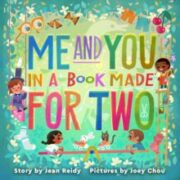

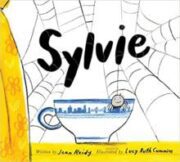
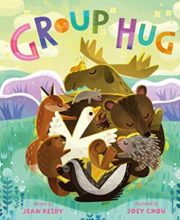
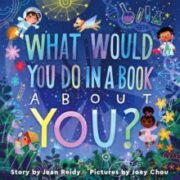

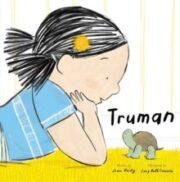

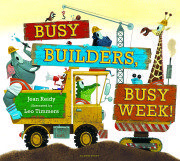
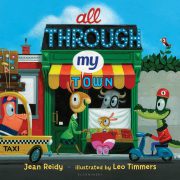
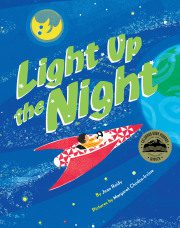
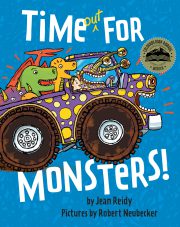
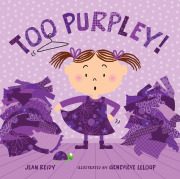
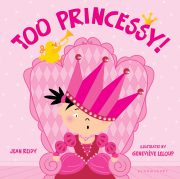
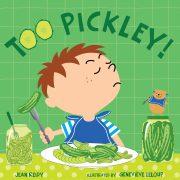
I agree 100%, even without an agent. It's a good practice to get into.
Great post, Jean!
I loved all your points. It is SO important to really FOCUS your story into one main point.
Thanks, Cat. It can be a tough exercise at first, but it really pays off in a better story.
This can be so tough to do but as you say it is so important! Thanks Jean 🙂
Thanks for this reminder. I have long felt about pitches the way I used to feel about queries. I thought I could bury myself deep in denial and get by without them. I eventually made friends with the query letter and I'm starting to feel rather chummy with the pitch as well.
This is such a good point. I'm just getting starting trying to write picture books and I'm definitely going to take this on board.
So hard to do and yet so important. I'm still trying to figure out what my first completed ms is REALLY about, and I'd never start another one without a pitch and a three-act structure done first.
Julie, me too. My first completed novel was all over the place. I tried to force it into a logline and simply couldn't. That should have been my first clue that I'd have a hard time with it.
I do this with my novels, but I have a hard time doing this with picture books…I think because I often start writing them with only a title and I have NO IDEA what it's about until I play around a little.<br /><br />But I think I'll try it…<br /><br />Shelley<br /><br />P.S. love your blog!
Shelley – true confession. I have the same problem. My PBs often start with a line or phrase or title that strikes me in some way. But so often I find it's that very line or title that IS the logline of my story. Or after I play around a little, the pitch comes to me. In any case, we need to get there at some point – even if it's at the book jacket writing stage. Thanks for your comment.
As a fellow picture book writer, it's great to meet you! I came here from Corey Schwartz's blog.<br /><br />Like you, I have often thought about how much I would like being able to run ideas by someone to see which of the ideas that come to my mind are worth fleshing out into a PB story. But unlike you, I don't have an agent, so I work through the ideas on my own and write and submit
I SO needed this post today. I am in this exact place right now… so deep in revisions that I've lost the crux of my story. What was my premise again??? Thanks for the idea!
Oh I hear you, Heather. I wrote a story several years ago that had a very simple premise. And I loved it. Then I took it to critique and found it needed a clearer problem. Made sense. I added a problem – actually several of them. Then I read something about 3 attempts to solve the problem. More text added. Then I learned that the characters needed to solve all their own problems. Changed the plot
The one-sentence summary is so important for ALL books. I'm starting to formulate mine earlier and earlier in the process. By the end of the first draft, for sure.
This is so important and something I need to do with all of my manuscripts. I'm so to have found your blog. My blog is called Books for Little Hands.<br />I'd love for you to come and visit 🙂
Thanks, Renee. Congratulations on your blog. I'm off to take a peek.
Hi Jean! I'm a fellow picture book writer who stumbled upon your blog from Corey Schwartz, Julie Hedlund and Ruth Schiffmann. I can't believe it took me so long to find you 🙂 I love this post – so true and helpful! And if any of your readers are interested, I run a pitch perfecting weekly feature on my blog called "Would You Read It" on Wednesdays. I'd be happy if